Find Help
More Items From Ergsy search
-
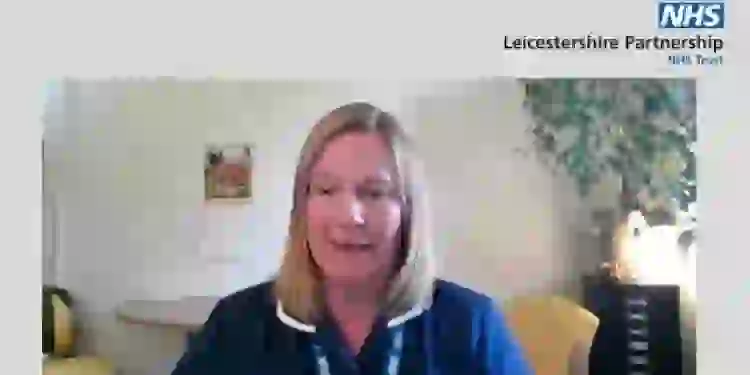
Needle phobia - Top tips video
Relevance: 100%
-
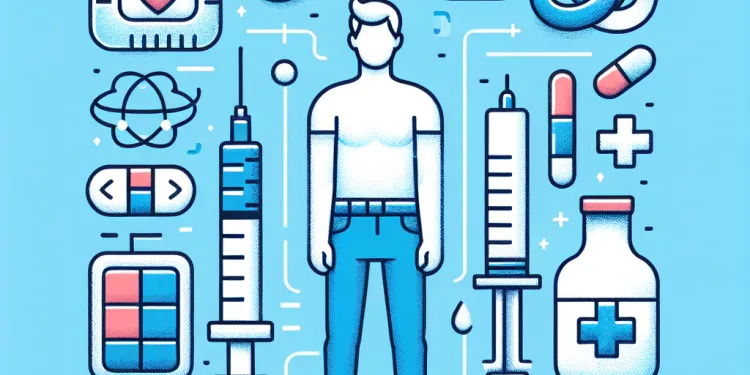
How to inject insulin
Relevance: 20%
-
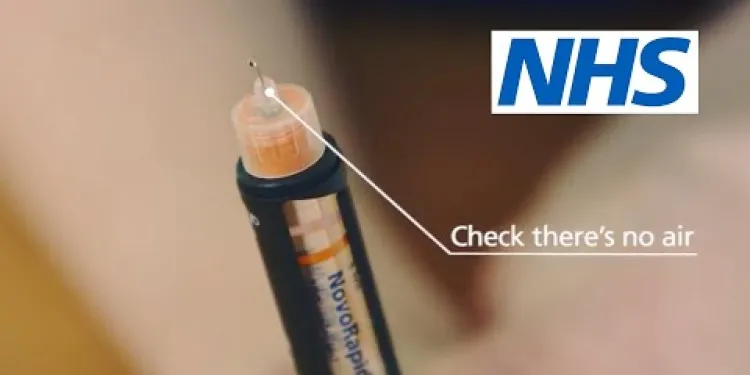
Diabetes: How to inject insulin | NHS
Relevance: 19%
-
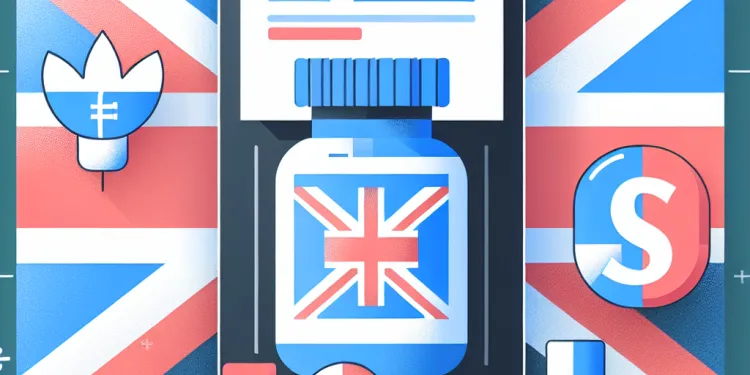
How is Ozempic administered?
Relevance: 18%
-

How is Ozempic administered?
Relevance: 17%
-
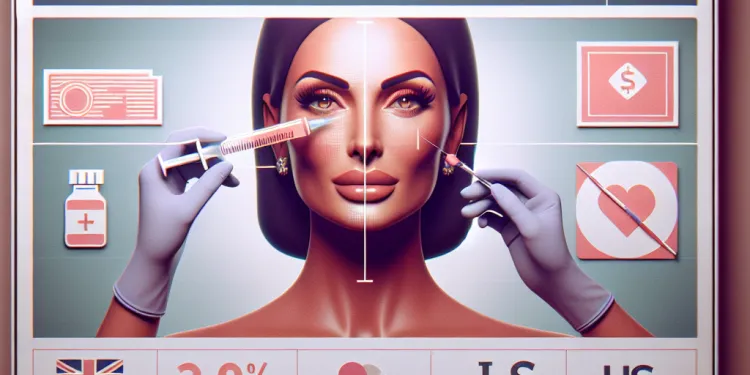
Does Botox hurt?
Relevance: 16%
-
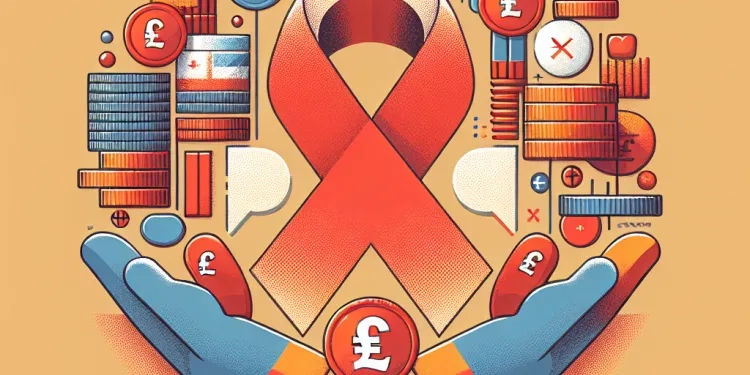
How can HIV be prevented?
Relevance: 15%
-

How is HIV transmitted?
Relevance: 13%
-
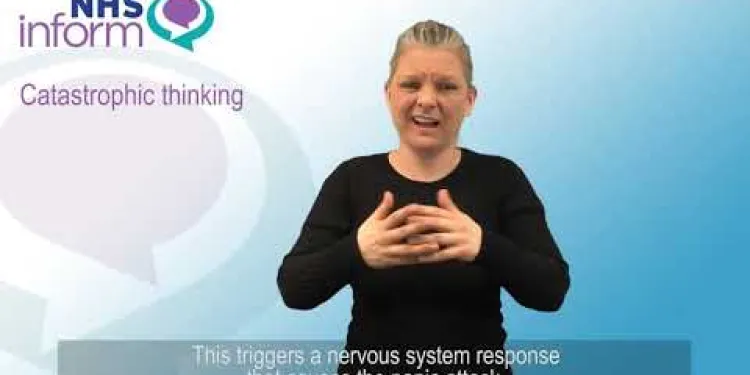
BSL - Causes of panic disorder
Relevance: 12%
-
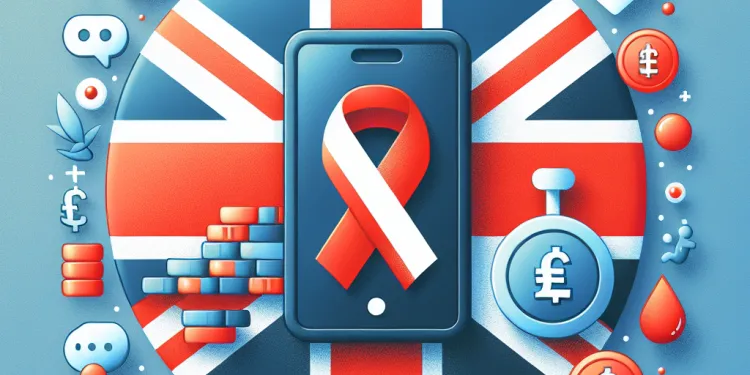
Is HIV only a concern for certain groups of people?
Relevance: 11%
-

What is CBT
Relevance: 11%
-
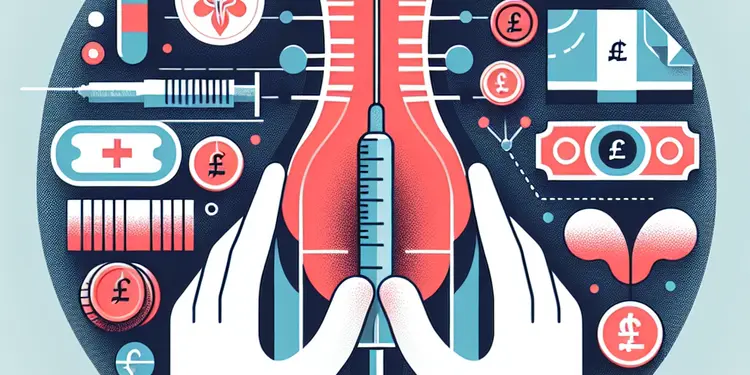
What is a lumbar puncture?
Relevance: 11%
-

What is AIDS?
Relevance: 11%
-
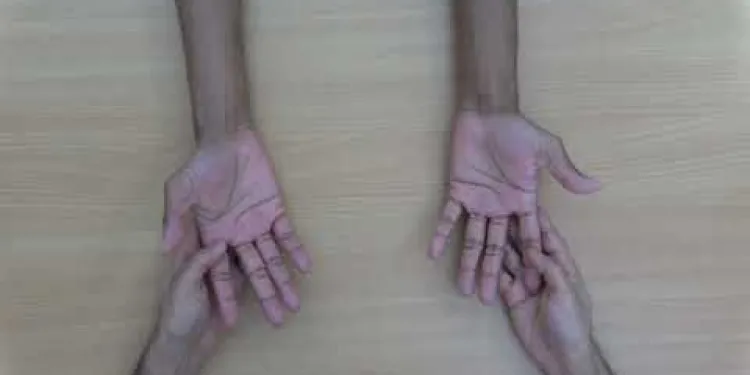
Dupuytrens
Relevance: 10%
-
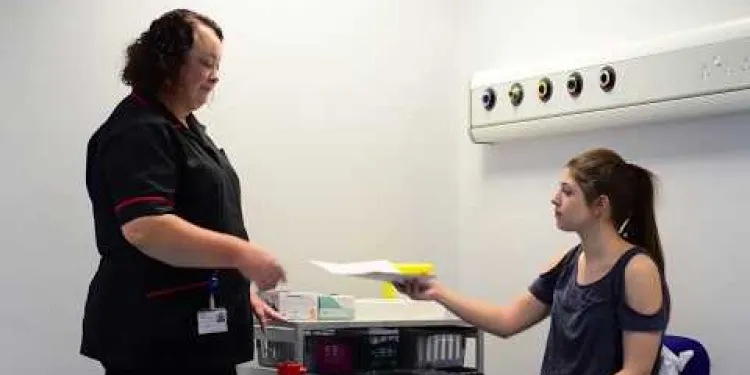
Having a blood test
Relevance: 10%
-
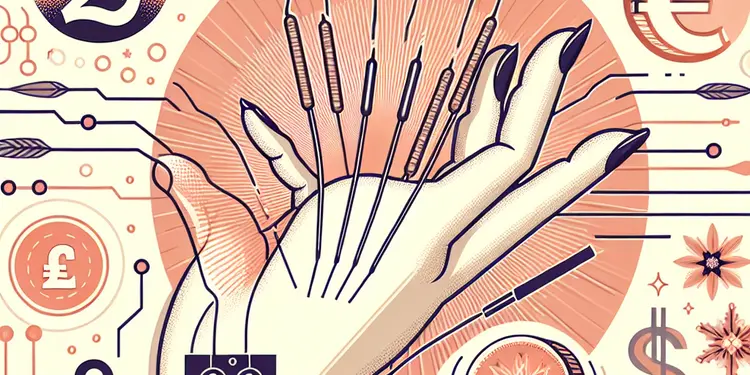
Can acupuncture help with menopause masking?
Relevance: 10%
-
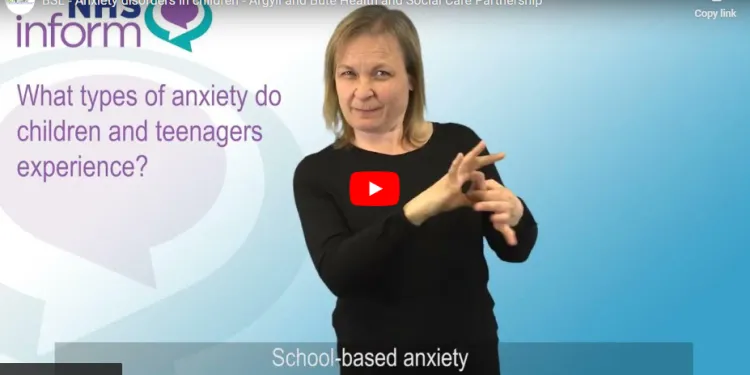
What type of anxiety do children and teenagers experience?
Relevance: 9%
-

What is HIV?
Relevance: 9%
-

Sue Doherty on hepatitis C awareness
Relevance: 9%
-
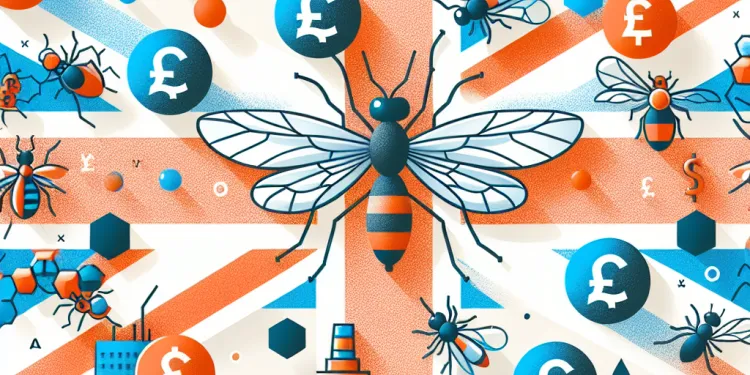
Can HIV be transmitted through insect bites?
Relevance: 9%
-

How are weight loss jabs administered?
Relevance: 9%
-

Having an epidural in labour at St Michael's Hospital
Relevance: 9%
-

What is spinal anaesthesia?
Relevance: 9%
-

What is HIV / AIDS?
Relevance: 8%
-
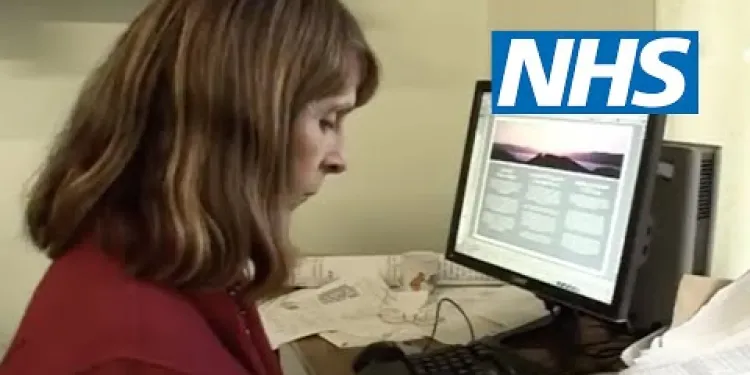
Anxiety | NHS
Relevance: 8%
-
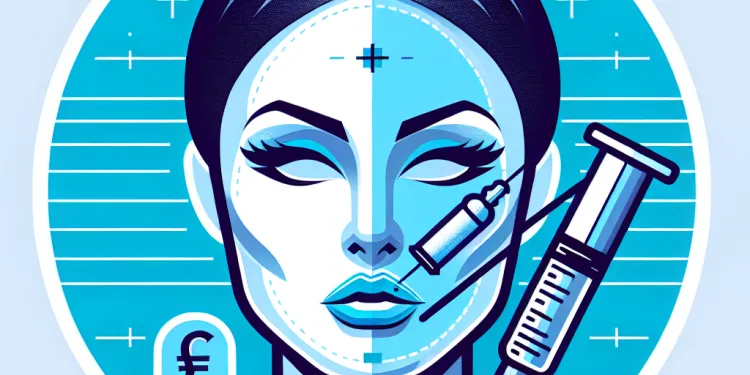
Does Botox injection hurt?
Relevance: 8%
-

How is health-related anxiety different from general anxiety?
Relevance: 8%
-
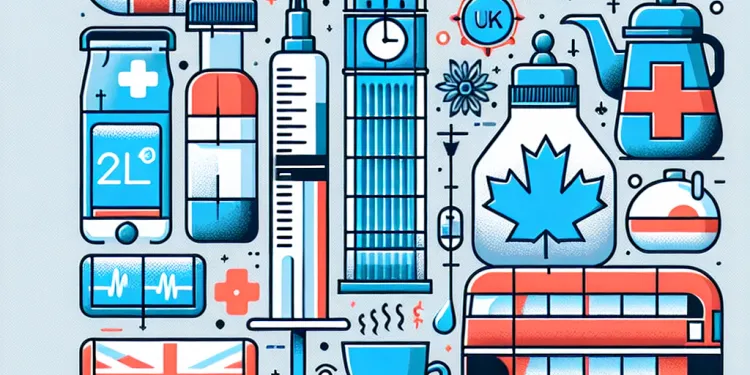
Are GLP-1 medications injectable?
Relevance: 8%
-

How does IVF work?
Relevance: 8%
-

What is IVF and how does it work?
Relevance: 8%
-

What are the main steps in an IVF cycle?
Relevance: 7%
-

What should I expect during IVF treatment?
Relevance: 7%
-

How is Mounjaro administered?
Relevance: 7%
-

Epidural for labour at North Bristol NHS Trust
Relevance: 7%
-

How should Ozempic be stored?
Relevance: 6%
-
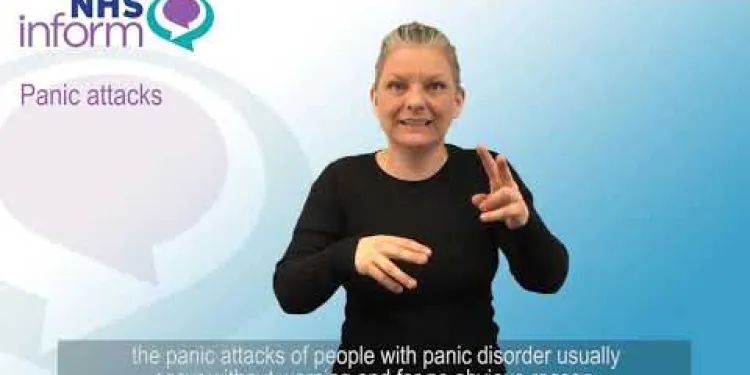
BSL - Diagnosis of panic disorder
Relevance: 6%
-

Top 5 questions about having a general anaesthetic
Relevance: 6%
-

Burial at Sea
Relevance: 5%
-

How is spinal anaesthesia different from an epidural?
Relevance: 5%
-
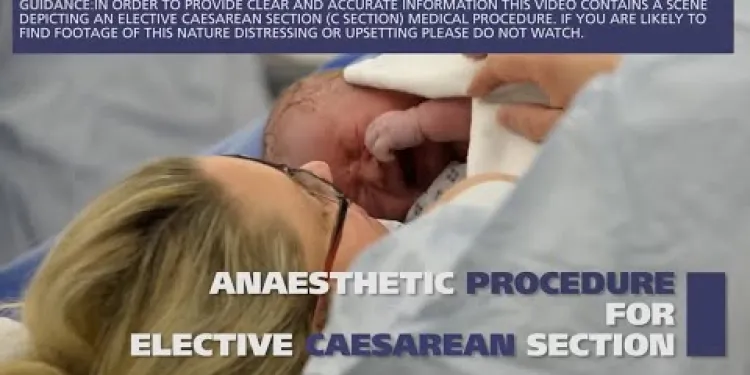
Anaesthetic procedure for elective caesarean section (C section)
Relevance: 5%
Needle Phobia - Top Tips Video
Understanding Needle Phobia
Needle phobia, also known as trypanophobia, affects a significant number of individuals in the United Kingdom and around the globe. This common condition can manifest as an intense fear or anxiety when faced with needles. People with this phobia may experience symptoms like increased heart rate, dizziness, or fainting at the sight or thought of an injection or blood draw.Recognising the Importance of Addressing Needle Phobia
Addressing needle phobia is crucial, particularly when considering the role of routine vaccinations, blood tests, and medical treatments. For those living in the UK, where the National Health Service (NHS) frequently administers vaccinations and other needle-based treatments, overcoming this fear ensures timely medical attention and contributes to public health.Top Tips for Overcoming Needle Phobia
Here are some top strategies to help manage and eventually overcome needle phobia: 1. **Gradual Exposure:** Slowly exposing yourself to needles in non-threatening situations can help desensitise the fear response. 2. **Breathing Techniques:** Practicing deep breathing exercises can help reduce anxiety and induce a state of calm. 3. **Distraction Techniques:** Bringing a friend or using distractions such as a book or music can divert your attention away from the needle. 4. **Professional Help:** Seeking support from a therapist can be beneficial. Cognitive behavioural therapy (CBT) has been effective in treating phobias. 5. **Topical Anaesthetics:** Numbing creams can reduce the pain sensation, making the experience less daunting. 6. **Communicate with Healthcare Providers:** Inform your doctor or nurse about your phobia; they can take extra precautions to make you comfortable.Additional Resources
For those seeking further assistance, the NHS provides various resources and guidance on managing needle phobia. Online platforms and support groups can also offer community aid and personal strategies from individuals who have successfully overcome their fears.Conclusion
While needle phobia can be challenging, it is manageable with the right approach and support. Utilizing these top tips, many in the UK have found effective ways to conquer their fear and maintain their health without the stress associated with medical procedures involving needles.Needle Fear - Helpful Video
What is Needle Fear?
Needle fear means being very scared of needles. Many people feel this way in the UK and all over the world. It can make your heart beat fast or make you feel dizzy when you see or think about needles.Why is It Important to Help Needle Fear?
Helping needle fear is important because we need needles for things like vaccinations and blood tests. In the UK, the NHS uses needles for many treatments. If you're less afraid, you can get the care you need and stay healthy.Tips to Help Needle Fear
Here are some easy ways to feel better about needles: 1. **Little by Little:** Start by looking at pictures of needles. This helps you get used to them slowly. 2. **Deep Breaths:** Breathe in and out slowly to feel calm. 3. **Keep Busy:** Bring a friend or listen to music to take your mind off the needle. 4. **Talk to an Expert:** A therapist can help. A type of talking therapy called CBT works well for fear. 5. **Numbing Creams:** Put cream on your skin to make it feel numb. This can make it hurt less. 6. **Tell Your Doctor or Nurse:** Let them know you're scared. They can help you feel more at ease.More Help
The NHS has information to help with needle fear. You can also find support groups online where people share their tips.Ending
Needle fear can be hard, but you can beat it with help and practice. Many people in the UK have overcome their fear and keep healthy without worry.Frequently Asked Questions
What is needle phobia?
Needle phobia, also known as trypanophobia, is an extreme fear of medical procedures that involve needles or injections.
How common is needle phobia?
Needle phobia is quite common, affecting approximately 1 in 10 people to varying degrees.
What are the symptoms of needle phobia?
Symptoms can include dizziness, fainting, sweating, rapid heartbeat, feelings of panic, and avoidance behaviour related to needles or injections.
What causes needle phobia?
Causes can include a traumatic past experience, a learned behaviour from observing others, or a heightened sensitivity to pain. Genetics and personality traits can also play a role.
How can I manage my fear of needles?
Techniques like deep breathing, distraction techniques, hypnosis, cognitive-behavioural therapy (CBT), and using numbing creams can help manage needle phobia.
Can needle phobia be treated?
Yes, needle phobia can be treated. Common treatments include cognitive behavioural therapy (CBT), exposure therapy, and sometimes medication to manage anxiety.
Should I let my healthcare provider know about my needle phobia?
Yes, informing your healthcare provider can help them take extra measures to ensure your comfort and potentially use alternative methods.
How can deep breathing help with needle phobia?
Deep breathing helps by calming the nervous system, reducing feelings of anxiety, and preventing fainting, making the experience less stressful.
What are some distraction techniques for needle phobia?
Distraction techniques include talking to someone, listening to music, watching videos, or using virtual reality to divert your attention from the procedure.
Is using numbing cream effective for needle phobia?
Yes, numbing creams can dull the pain of the injection site and help reduce anxiety related to the anticipated pain.
What is cognitive-behavioural therapy (CBT) and how does it help with needle phobia?
CBT is a type of therapy that helps change negative thought patterns. It teaches coping strategies and reduce avoidance behaviour associated with phobias.
Can exposure therapy help with needle phobia?
Yes, exposure therapy can help by gradually desensitizing a person to needles, starting with less fearful situations and gradually increasing exposure.
Are there medications that can help with needle phobia?
In some cases, medications such as anti-anxiety drugs may be prescribed to help manage symptoms of needle phobia.
What should I do if I faint at the sight of needles?
Discuss this with your healthcare provider. They can take steps to help prevent fainting, such as having you lie down during the procedure and using distraction or calming techniques.
Can virtual reality be used to help manage needle phobia?
Yes, virtual reality can create a distraction during the procedure, helping to reduce anxiety and make the experience more tolerable.
What is needle phobia?
Needle phobia is when someone feels very scared of needles. This can happen when they need an injection or blood test.
This fear can make people feel worried, upset, or even sick.
If you feel this way, it is okay. Lots of people have this fear.
You can try to feel better by using a few tricks. You can look away from the needle, take deep breaths, or hold someone's hand.
These might help you feel more calm and brave.
Needle phobia is a big fear of things like getting shots or having blood taken. It is also called trypanophobia.
How many people are scared of needles?
Lots of people are scared of needles. About 1 out of every 10 people feels this way.
What happens if you are scared of needles?
You might feel dizzy, like you are going to fall over. You might sweat a lot or feel your heart beating really fast. You could feel very scared. You might try to stay away from needles or shots.
Why are people scared of needles?
Some people feel very scared of needles. This is called needle phobia.
Here are some reasons why people might be scared of needles:
- They worry it will hurt.
- They have had a bad experience with needles before.
- They don't like seeing blood or medical things.
- They feel nervous about doctors and nurses.
If you feel this way, it's okay. You can talk to someone you trust, like a parent, a teacher, or a doctor. They can help make you feel better.
Some people find it helpful to:
- Take deep breaths to stay calm.
- Listen to music or watch something fun.
- Hold a friend's hand.
Remember, it's okay to feel scared. You are not alone.
There are different reasons why someone might feel this way. It can be because of something bad that happened before, or because they watched other people and learned to feel this way. Some people feel more pain than others, and this can be another reason. It can also be because of their genes or the way they are as a person.
How can I deal with my fear of needles?
Needles can be scary. Here are some ways to help you feel better:
- Breathe slowly: Take deep breaths in and out to relax.
- Think happy thoughts: Imagine a place you love or something that makes you happy.
- Bring a friend: Having someone with you can make you feel safe.
- Talk to the nurse or doctor: Tell them you are scared. They can help you stay calm.
- Use numbing cream: Ask if you can use a cream to help it not hurt as much.
Remember, it's okay to be scared. These tips can help you feel less afraid. You can also try watching videos or reading books that explain needles in a friendly way.
Here are some ways to help if you are scared of needles:
- Take deep breaths to feel calm.
- Think about something else to take your mind off it.
- Try hypnosis to help relax your mind.
- Talk to a therapist for special help, like CBT.
- Use numbing creams to make your skin not feel the needle.
Can fear of needles be helped?
Yes, being scared of needles can get better. Doctors can help in different ways, like talking therapy, slowly getting used to needles, and sometimes medicine to help with feeling scared.
Should I tell my doctor I am scared of needles?
Are you afraid of needles? It's okay if you are! You can tell your doctor or nurse about it. They are there to help you and can make things easier.
If you tell them, they might use a smaller needle or give you things to help you feel calm. This can make you feel better.
It's a good idea to tell them how you feel so they can look after you.
Here are some things that might help:
- Take deep breaths
- Squeeze a stress ball
- Listen to music on headphones
Yes, tell your doctor. They can help make you more comfortable and try other ways to help you.
How does deep breathing help if you are scared of needles?
Deep breathing can make you feel calm and brave. Here is how you can try it:
- Breathe in slowly through your nose.
- Hold your breath for a moment.
- Breathe out slowly through your mouth.
Doing this can help you feel less scared. You can try it before and while you get a needle.
You can also use tools like listening to music or having someone with you for comfort.
Taking deep breaths can help you feel calm. It makes your nerves relax. It can stop you from feeling anxious or fainting. This makes things feel less scary.
You can try breathing in slowly, holding your breath for a second, and then breathing out slowly. Counting to three while you do this can make it easier. There are apps or videos that can show you how to do it.
What can help if you are scared of needles?
Here are some things that might help:
- Watch a funny video or listen to music using headphones.
- Take deep breaths in and out to feel calmer.
- Hold someone's hand or ask them to talk to you.
- Squeeze a stress ball to keep your hands busy.
- Think about a nice place or a happy memory.
All these things can help you feel less scared of needles.
When you need to take your mind off something, you can try these things:
- Talk to a friend.
- Listen to fun music.
- Watch a video you like.
- Try using virtual reality for a fun experience.
Does numbing cream help if you are scared of needles?
Are you scared of needles? You are not alone! Many people feel this way.
Numbing cream can make your skin feel less and help with needle scares.
Here is how it works:
- Put the cream where the needle goes.
- Wait a bit, so the skin gets numb.
- The needle might hurt less.
Some people say it helps a lot. Remember, everyone is different. You can talk to the doctor or nurse about using numbing cream.
Tools that can help:
- Take deep breaths to stay calm.
- Think of a happy place while using the needle.
- Bring a toy or book for comfort.
It's okay to ask for help. Being brave means asking for what you need.
Yes, numbing creams can help make the injection hurt less. They also help people feel less scared about the pain.
What is CBT and how can it help if you are scared of needles?
CBT is a type of talk therapy.
It helps people change their bad thoughts.
It teaches ways to cope with fear.
It helps people not avoid things they are scared of.
Can getting used to needles help with being scared of them?
Some people are scared of needles. Getting used to needles, step by step, can help.
You start by seeing pictures of needles. Then, you may watch a video of someone using a needle. Next, you might hold a needle without a sharp point. These steps can help you feel less scared.
If you are afraid of needles, ask a parent, teacher, or doctor for help. They can support you.
Yes, exposure therapy can help. It helps people get used to needles slowly. You start with things that are less scary and then slowly move to things that are scarier.
Can medicine help if you are scared of needles?
Sometimes, a doctor might give medicine to help if you are very scared of needles. This medicine can make you feel less worried.
What can I do if I faint when I see needles?
Here are some simple tips to help you:
- Breathe deeply: Take slow, deep breaths to stay calm.
- Look away: Don't look at the needle.
- Relax your body: Try to keep your muscles loose.
- Bring a friend: Have someone with you for support.
These steps might make it easier for you. You can also talk to a doctor or nurse about how you feel. They can help you too.
Talk to your doctor or nurse about this. They can help you not to faint. They might let you lie down when the doctor sees you. They can also help keep you calm.
Can virtual reality help with fear of needles?
Many people are scared of needles. This is called needle phobia.
Virtual reality (VR) is a computer game that looks real.
VR can help people feel less scared.
Some people put on VR glasses. They see nice things and feel calmer.
If you are scared of needles, talk to a doctor or nurse.
Doctors can use VR to help you feel better.
You can also try deep breathing to stay calm.
Yes, virtual reality can help. It can take your mind off things during the procedure. This can make you less scared and help you feel better about it.
Useful Links
This website offers general information and is not a substitute for professional advice.
Always seek guidance from qualified professionals.
If you have any medical concerns or need urgent help, contact a healthcare professional or emergency services immediately.
Some of this content was generated with AI assistance. We’ve done our best to keep it accurate, helpful, and human-friendly.
- Ergsy carfully checks the information in the videos we provide here.
- Videos shown by Youtube after a video has completed, have NOT been reviewed by ERGSY.
- To view, click the arrow in centre of video.
- Most of the videos you find here will have subtitles and/or closed captions available.
- You may need to turn these on, and choose your preferred language.
- Go to the video you'd like to watch.
- If closed captions (CC) are available, settings will be visible on the bottom right of the video player.
- To turn on Captions, click settings .
- To turn off Captions, click settings again.
More Items From Ergsy search
-

Needle phobia - Top tips video
Relevance: 100%
-

How to inject insulin
Relevance: 20%
-

Diabetes: How to inject insulin | NHS
Relevance: 19%
-

How is Ozempic administered?
Relevance: 18%
-

How is Ozempic administered?
Relevance: 17%
-

Does Botox hurt?
Relevance: 16%
-

How can HIV be prevented?
Relevance: 15%
-

How is HIV transmitted?
Relevance: 13%
-

BSL - Causes of panic disorder
Relevance: 12%
-

Is HIV only a concern for certain groups of people?
Relevance: 11%
-

What is CBT
Relevance: 11%
-

What is a lumbar puncture?
Relevance: 11%
-

What is AIDS?
Relevance: 11%
-

Dupuytrens
Relevance: 10%
-

Having a blood test
Relevance: 10%
-

Can acupuncture help with menopause masking?
Relevance: 10%
-

What type of anxiety do children and teenagers experience?
Relevance: 9%
-

What is HIV?
Relevance: 9%
-

Sue Doherty on hepatitis C awareness
Relevance: 9%
-

Can HIV be transmitted through insect bites?
Relevance: 9%
-

How are weight loss jabs administered?
Relevance: 9%
-

Having an epidural in labour at St Michael's Hospital
Relevance: 9%
-

What is spinal anaesthesia?
Relevance: 9%
-

What is HIV / AIDS?
Relevance: 8%
-

Anxiety | NHS
Relevance: 8%
-

Does Botox injection hurt?
Relevance: 8%
-

How is health-related anxiety different from general anxiety?
Relevance: 8%
-

Are GLP-1 medications injectable?
Relevance: 8%
-

How does IVF work?
Relevance: 8%
-

What is IVF and how does it work?
Relevance: 8%
-

What are the main steps in an IVF cycle?
Relevance: 7%
-

What should I expect during IVF treatment?
Relevance: 7%
-

How is Mounjaro administered?
Relevance: 7%
-

Epidural for labour at North Bristol NHS Trust
Relevance: 7%
-

How should Ozempic be stored?
Relevance: 6%
-

BSL - Diagnosis of panic disorder
Relevance: 6%
-

Top 5 questions about having a general anaesthetic
Relevance: 6%
-

Burial at Sea
Relevance: 5%
-

How is spinal anaesthesia different from an epidural?
Relevance: 5%
-

Anaesthetic procedure for elective caesarean section (C section)
Relevance: 5%


